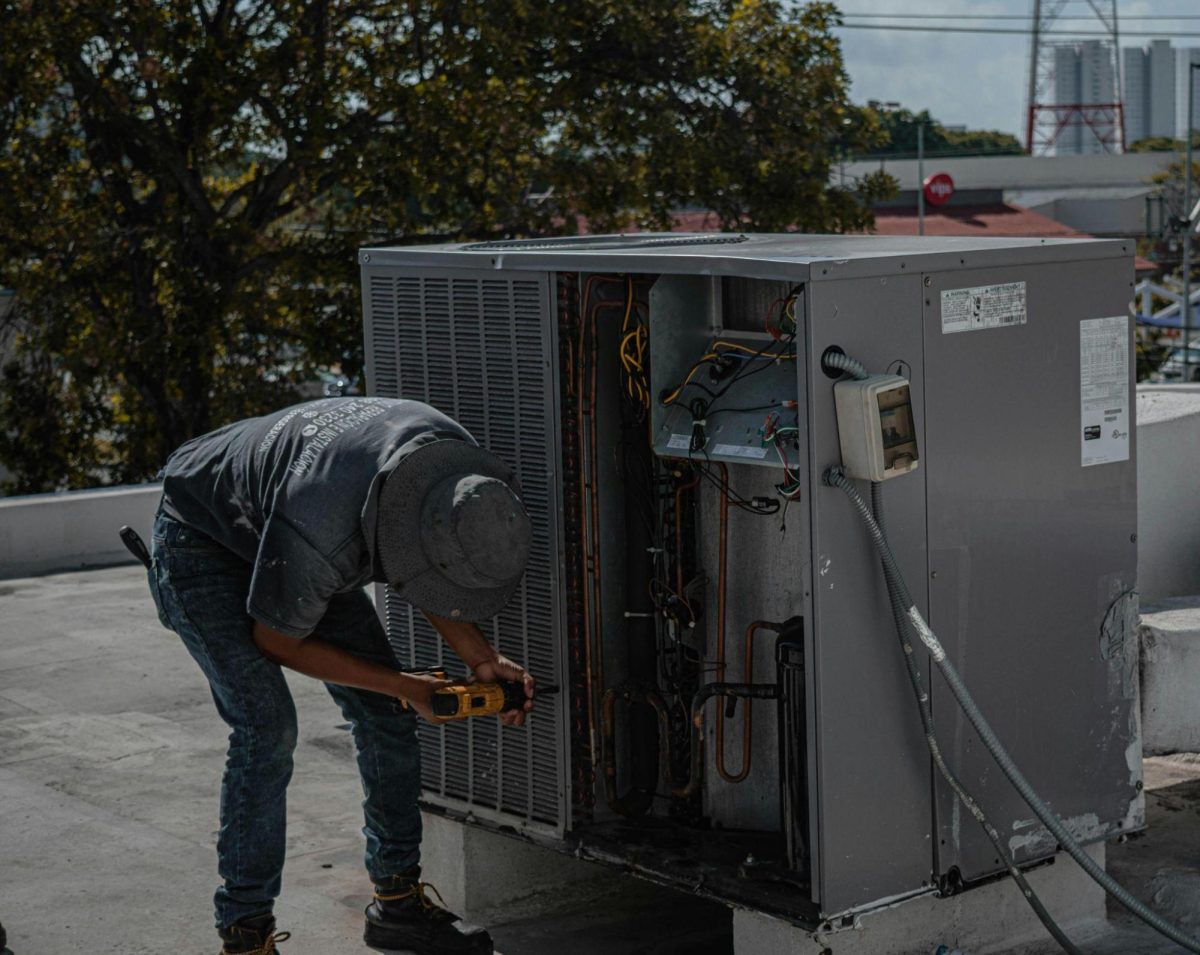Living without air conditioning can be unbearable, especially during the scorching summer months. Tenants often wonder if their landlords are legally obliged to repair or replace a broken air conditioner. In most states, landlords are required to handle AC repair if it was provided as an amenity when the tenant moved in.
It’s important to note that air conditioning is not considered a necessity in some regions, which means landlords might not be legally required to provide it in the first place. However, if air conditioning is listed as part of the property’s amenities in the rental agreement, the landlord typically must maintain it in working order.
Understanding the specific regulations in your state can clarify your rights as a tenant. For example, in Texas, many jurisdictions would consider faulty air conditioning a health and safety issue, mandating repairs. Tenants should familiarize themselves with local landlord-tenant laws to ensure they know what to expect and how to proceed if their air conditioning unit fails.
Tenant Rights and Landlord Responsibilities
Landlord and tenant laws often dictate that ensuring functional air conditioning falls under the jurisdiction of maintaining safe and habitable living conditions. These regulations can vary significantly depending on the state and local policies.
Legal Obligations Under Housing Laws
Landlords must adhere to housing laws, which generally require the maintenance of basic amenities to ensure tenant safety and health. In places like Arizona, landlords are required to have working air conditioning systems to deem rental units safe and habitable. In Texas, landlords must “repair or remedy” any conditions that materially affect a tenant’s physical health and safety.
Local ordinances can dictate additional requirements. For example, Phoenix has specific standards ensuring air conditioning systems in rentals cannot exceed maximum temperature limits. This makes clear the importance of checking local guidelines to understand your rights and responsibilities.
Maintenance Requirements for Habitable Living Conditions
Landlords are generally required to ensure their properties meet habitable living standards. This includes providing essential services like heating and air conditioning. In jurisdictions with extreme climates, landlords may be responsible for providing and maintaining air conditioning units.
Failure to maintain these systems can result in legal actions by the tenant. The time frame for repairs can vary, but many places mandate prompt action, often within a week or two for essential services. The goal is to ensure tenants are not subjected to unsafe living conditions for prolonged periods.
Air Conditioning Systems in Tenancy Agreements
Tenancy agreements should specify the responsibilities regarding air conditioning maintenance. Clear terms help prevent disputes over who should repair or replace a faulty unit. In some regions, landlords may be allowed up to 30 days for non-critical repairs.
However, most jurisdictions require quicker resolutions, especially if the air conditioning’s failure impacts habitability. Tenants should review their lease agreements and be aware of state and local laws to ensure their rights are protected. Proper documentation and understanding of lease terms can help tenants enforce their rights effectively.
Resolving Air Conditioning Issues
Tenants encountering issues with their air conditioning often face challenges in getting timely repairs. Understanding your options if the landlord is unresponsive can help ensure a swift resolution.
Options When a Landlord Fails to Act
If the landlord fails to address the issue, tenants have several options. They might first consider contacting local housing authorities or tenant rights organizations. These entities can offer guidance and may intervene on the tenant’s behalf.
In some jurisdictions, tenants can submit a complaint to a local health department or housing office, especially if the lack of air conditioning is deemed a habitability issue.
Another option is to seek legal advice to understand the specific rights and actions possible under local tenant laws. Engaging an attorney or legal aid service could facilitate resolution through formal channels or court action.



